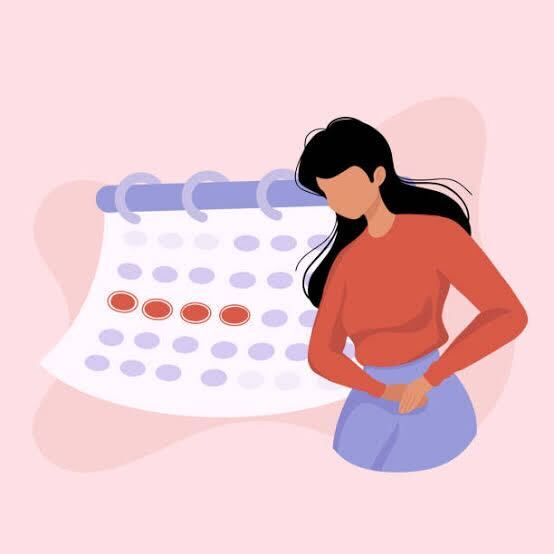Conversations around periods are usually had in hushed tones, leading to period myths. When girls go to buy menstrual products, there is a bit of embarrassment in their voice as they ask for pads or tampons. They are taught that period – a biologically normal occurrence – is something they should hide.
This conditioning has led to the creation of so many myths to keep periods and, by extension, menstruating girls and women clothed in shame. In celebration of Menstrual Hygiene Day, we will be debunking some of those period myths you must have heard growing up.
“Period blood is dirty blood.”
Periods are not the body’s way of cleansing itself; thus, the blood is not rejected body fluids. A better comparison would be vaginal secretion. There is a bit of blood, mucus lining, uterine tissue, and bacteria. Period blood is quite different from the blood that flows through the veins; it is less concentrated and has fewer blood cells than ordinary blood.
“Periods are supposed to be painful.”
While it is true that periods can come with painful cramps, those cramps should be mild. The usual painkillers like ibuprofen, midol and the sort should take care of it. If your cramps are so unbearable that they make you miss school or work, it is time to visit the gynaecologist because it might just be dysmenorrhea or another reproductive health-related issue.
“Your period should only happen once a month.”
That is simply not true. 21-35 days is the normal cycle length for adults and 21-45 days for adolescents. A cycle starts counting from the first day of your period and concludes on the first day of your next period. So if your cycle is 21 days, it is very possible for your period to be three weeks apart.
“Avoid exercise during your cycle.”
Contrary to popular belief, exercise helps relieve you of cramps and even elevates your mood. It is safe to exercise during your period, as it comes with both physical and mental health benefits.
“Your periods should be monthly.”
Your periods signify that the natural hormonal cycles are occurring as they should. However, it is normal to miss your periods when you are on hormonal medications like birth control. These medications often thin the lining of the uterus so it doesn’t build up and come out each month. Stress and illness can also cause your periods to become irregular.
“You can’t get pregnant during your period.”
False! It is possible to get pregnant while on your period. Menstrual cycles vary in length, so ovulation—the release of an egg—might not occur exactly when expected. Since sperm can live in the reproductive tract for up to five days; it can meet an egg if ovulation happens shortly after your period ends.
“Period clots are not normal.”
Most clots are normal. Blood clots can form whenever a significant amount of blood sits in one place. Clotting is a natural part of how the body stops bleeding—like when you get a cut. During your period, if you’re bleeding heavily, some of that blood may pool in the uterus. As it sits there, it can form clots, which is a normal part of the process for many people.
However, you should be worried when the clot is the size of a golf ball and passes out every hour. That is something you would want to discuss with your doctor.
We hope that by debunking these myths, you can see that periods are part of everyday life. You don’t have to whisper about it or tremble when you purchase period products. There is absolutely nothing shameful about periods and the more we talk about it, the closer we get to a period-friendly world.





